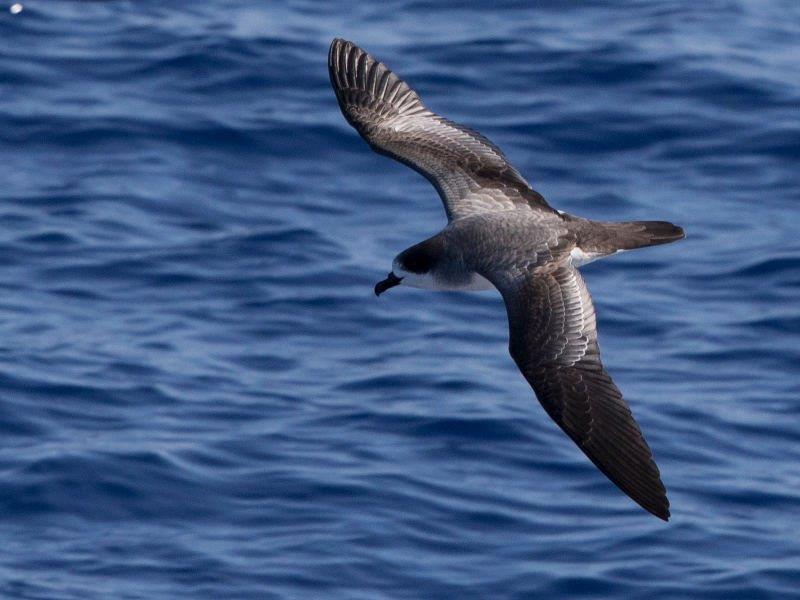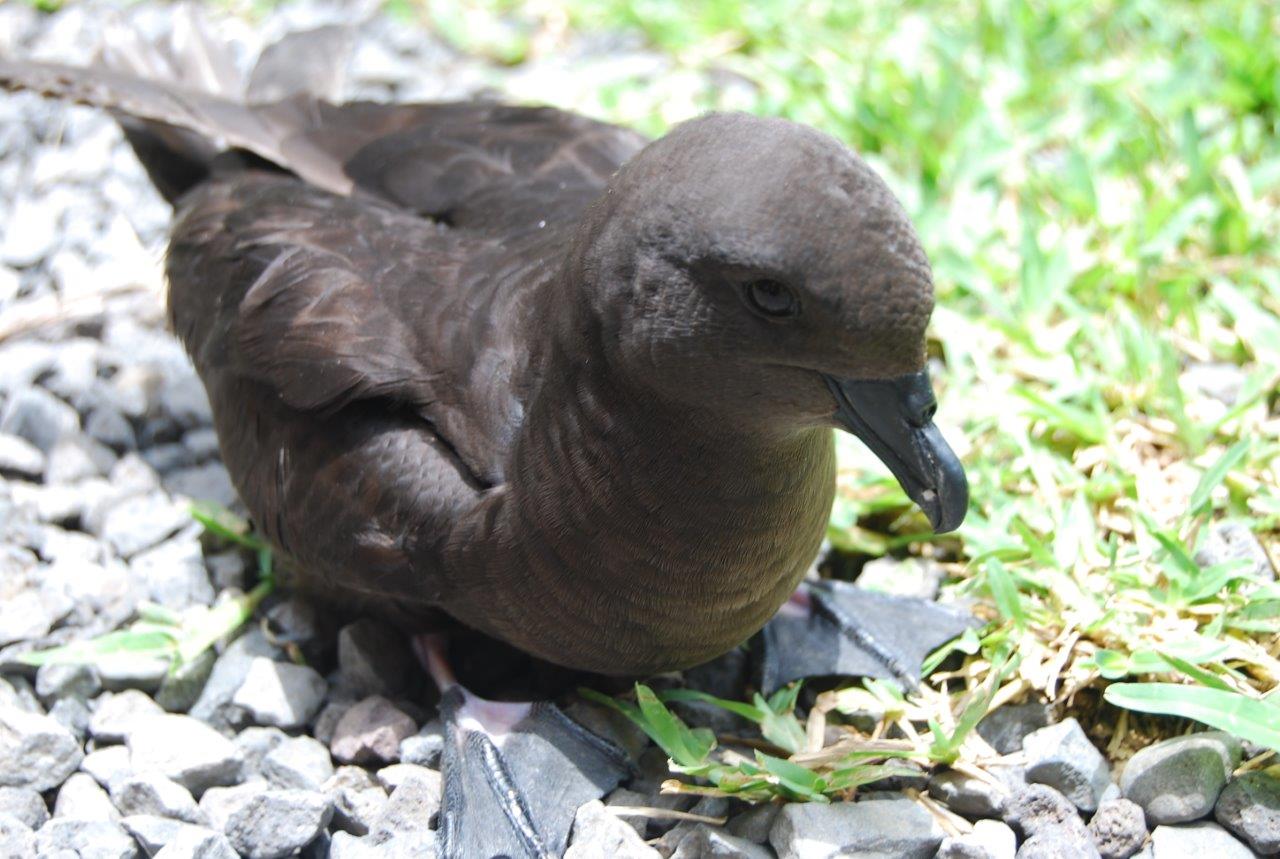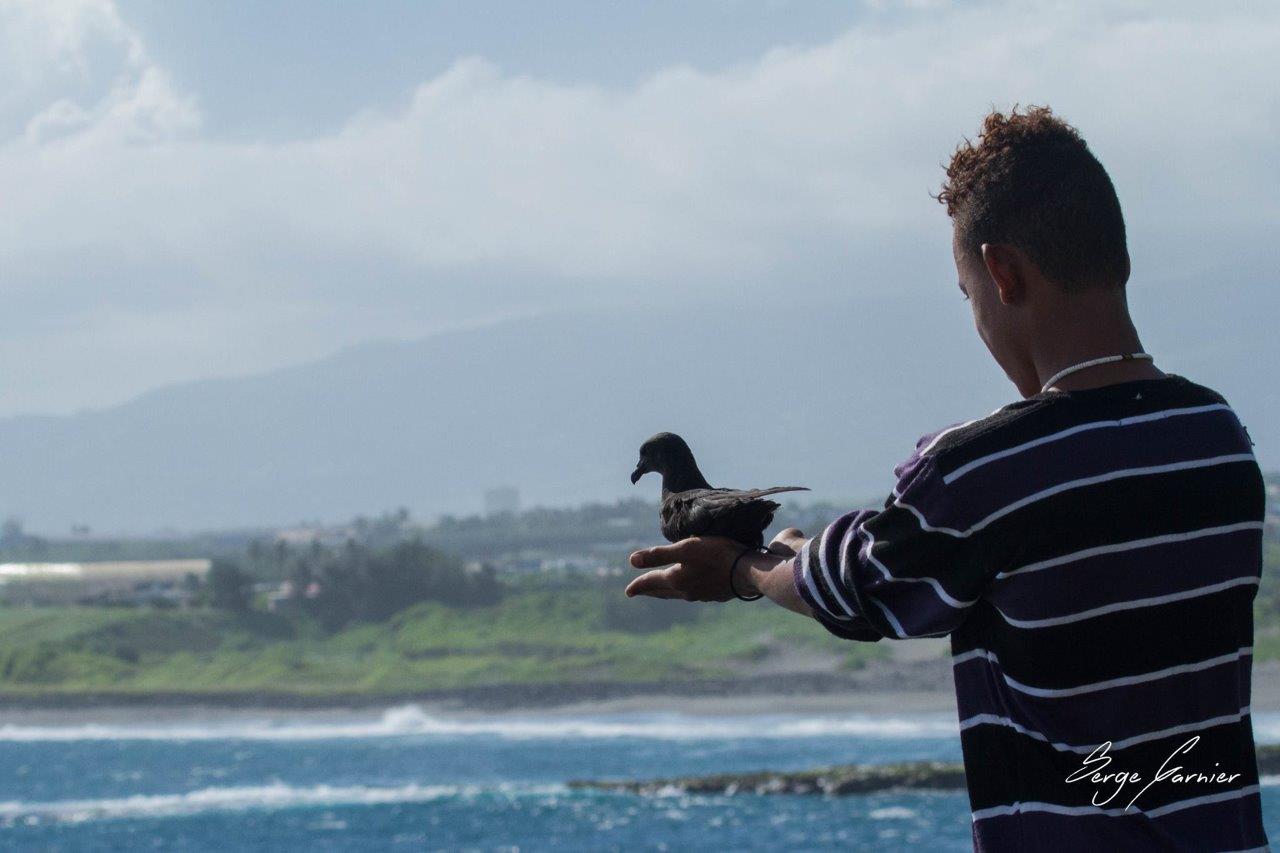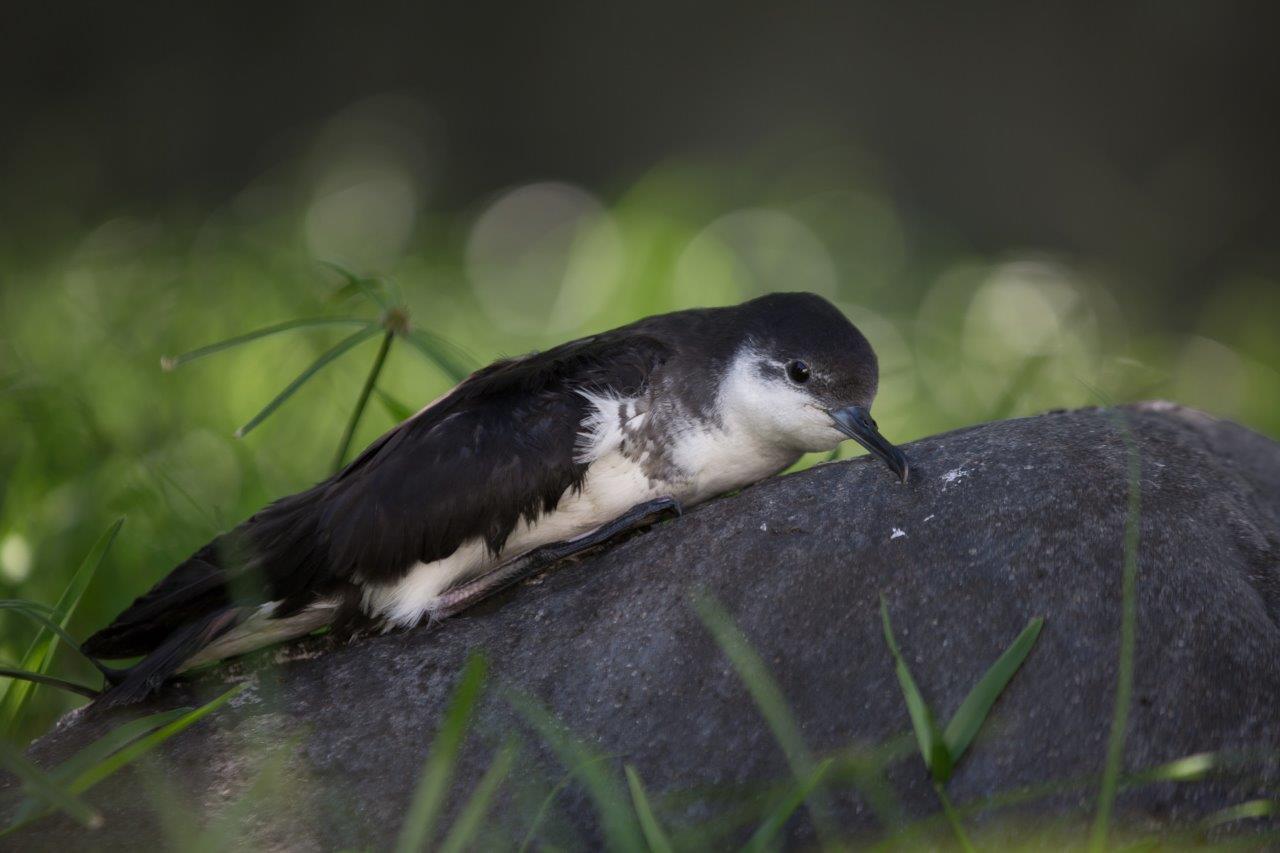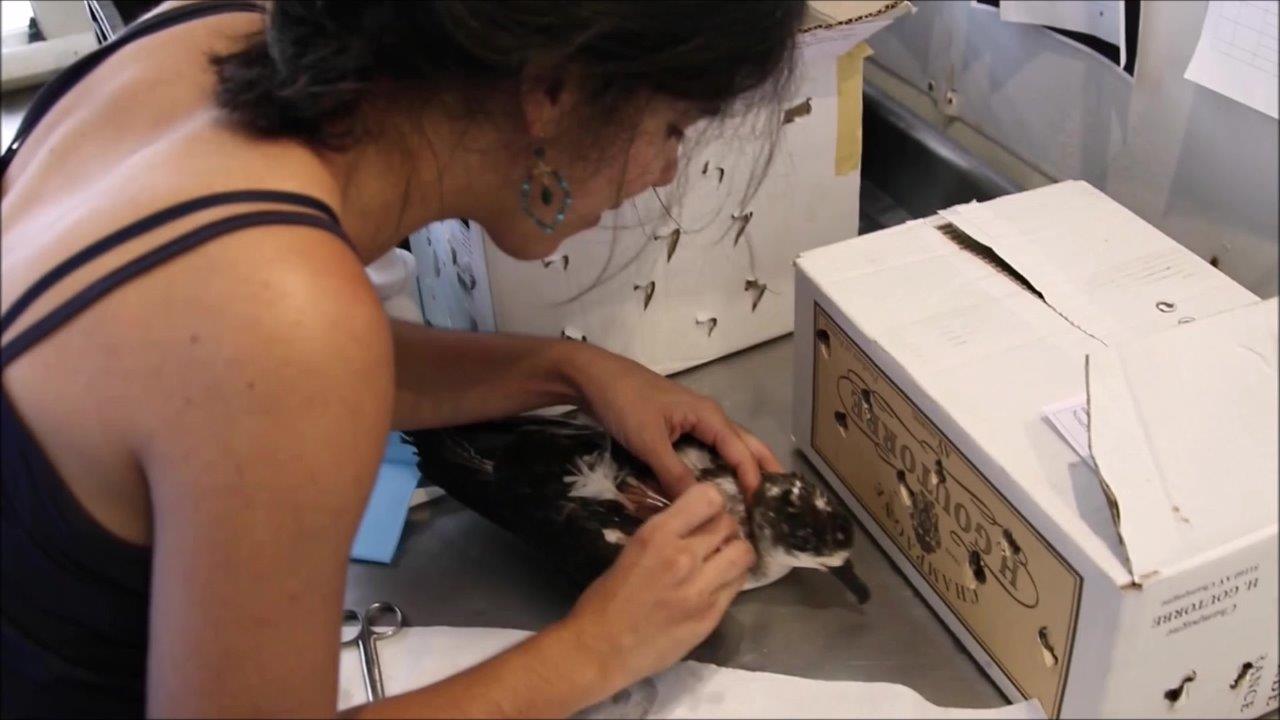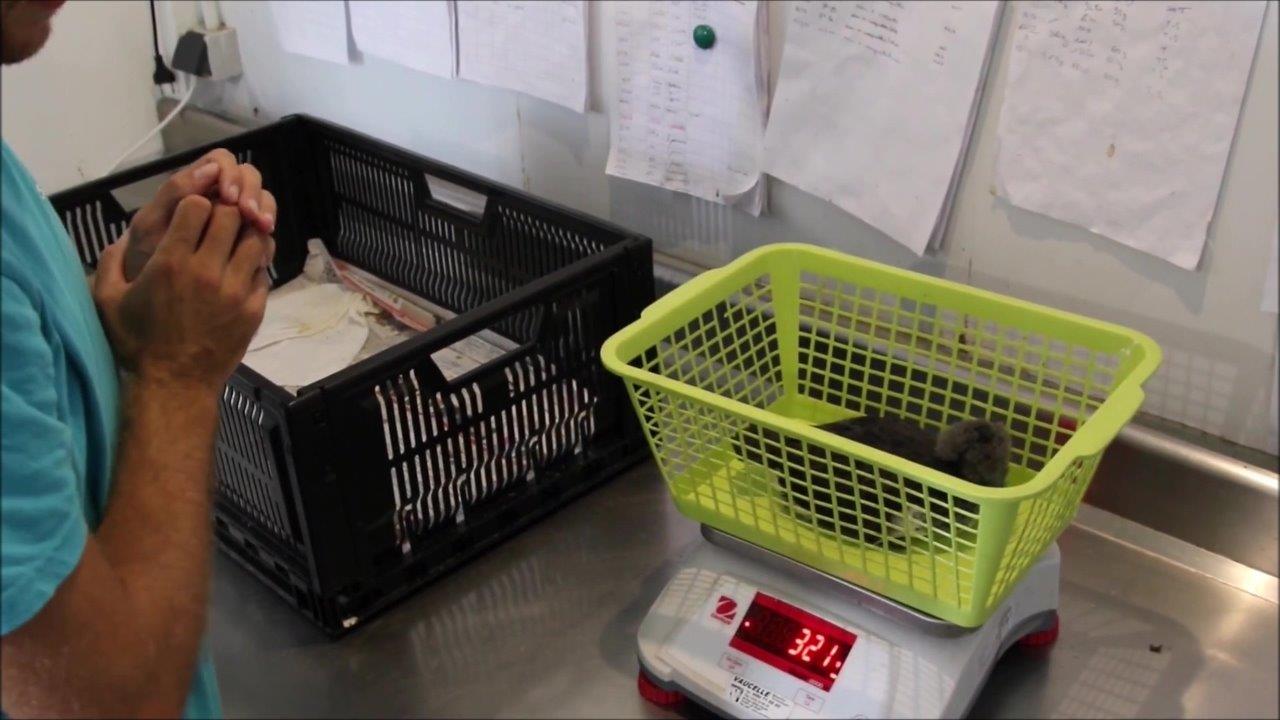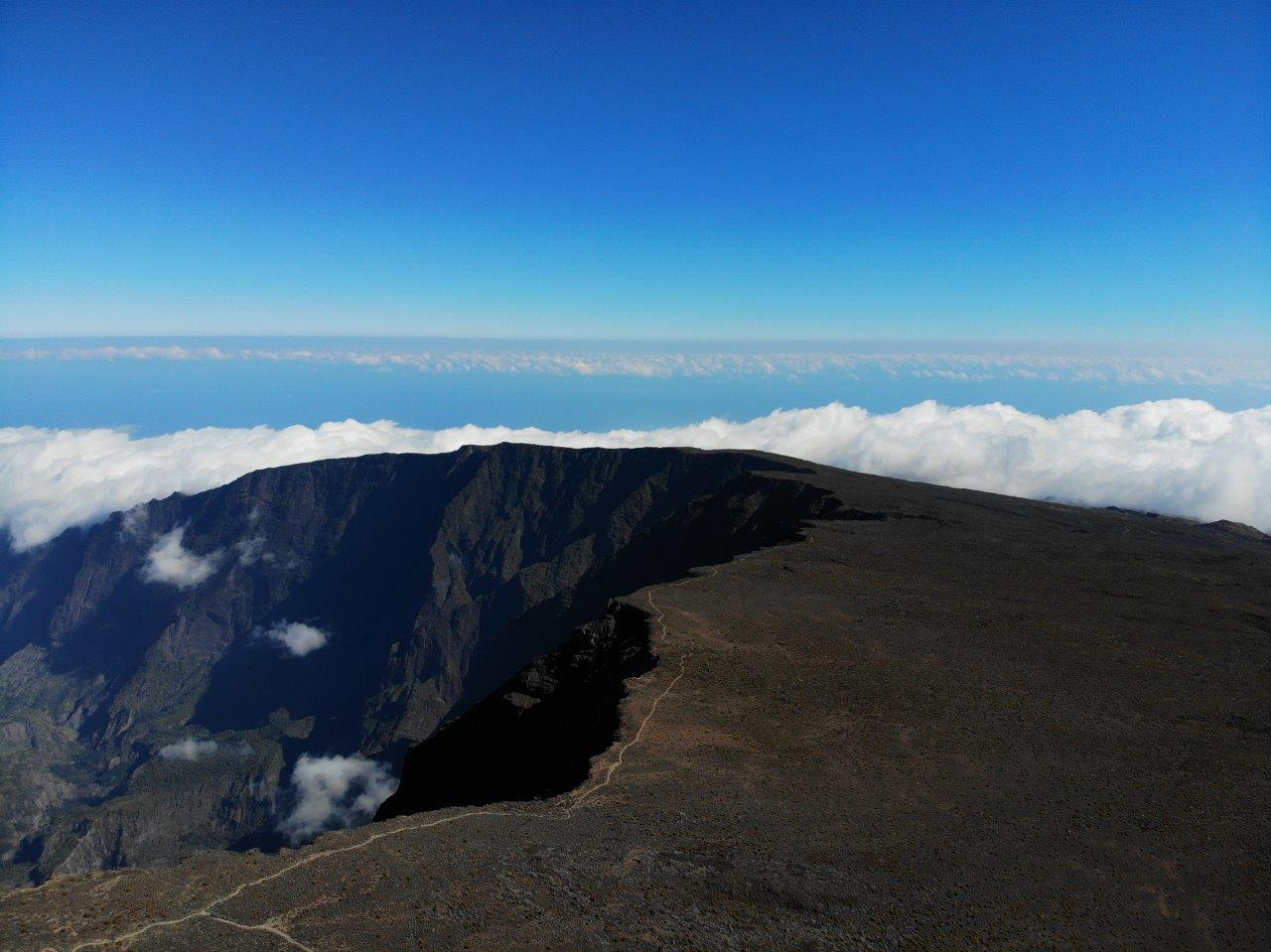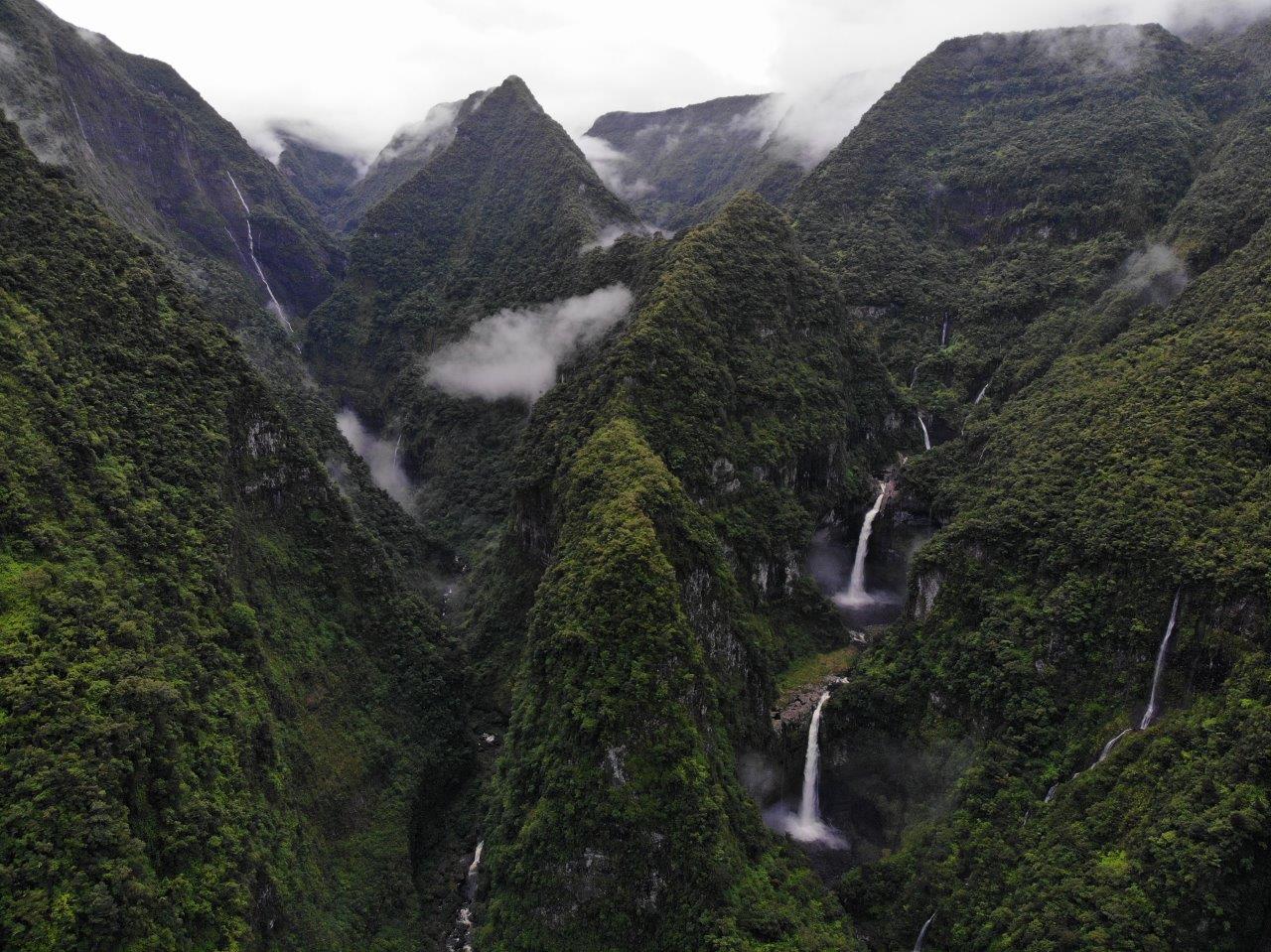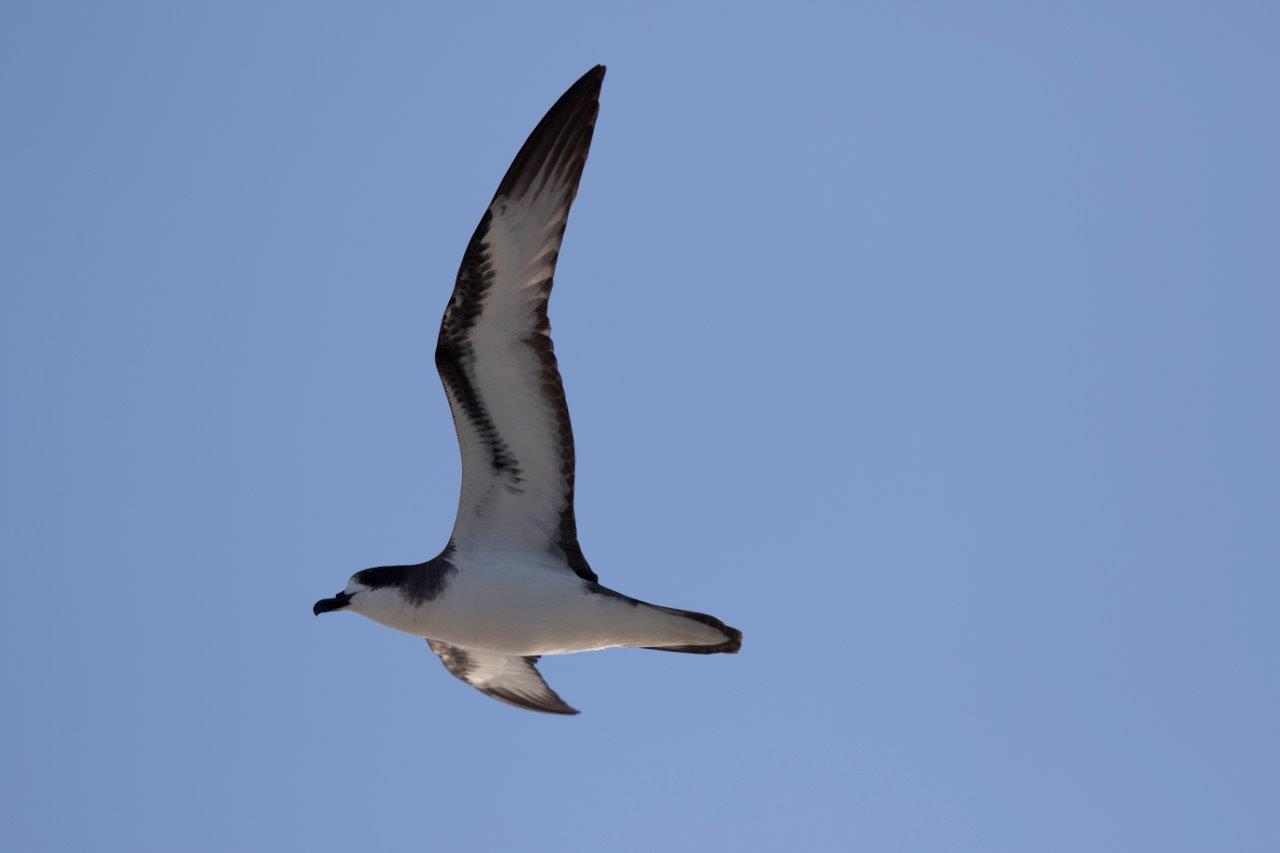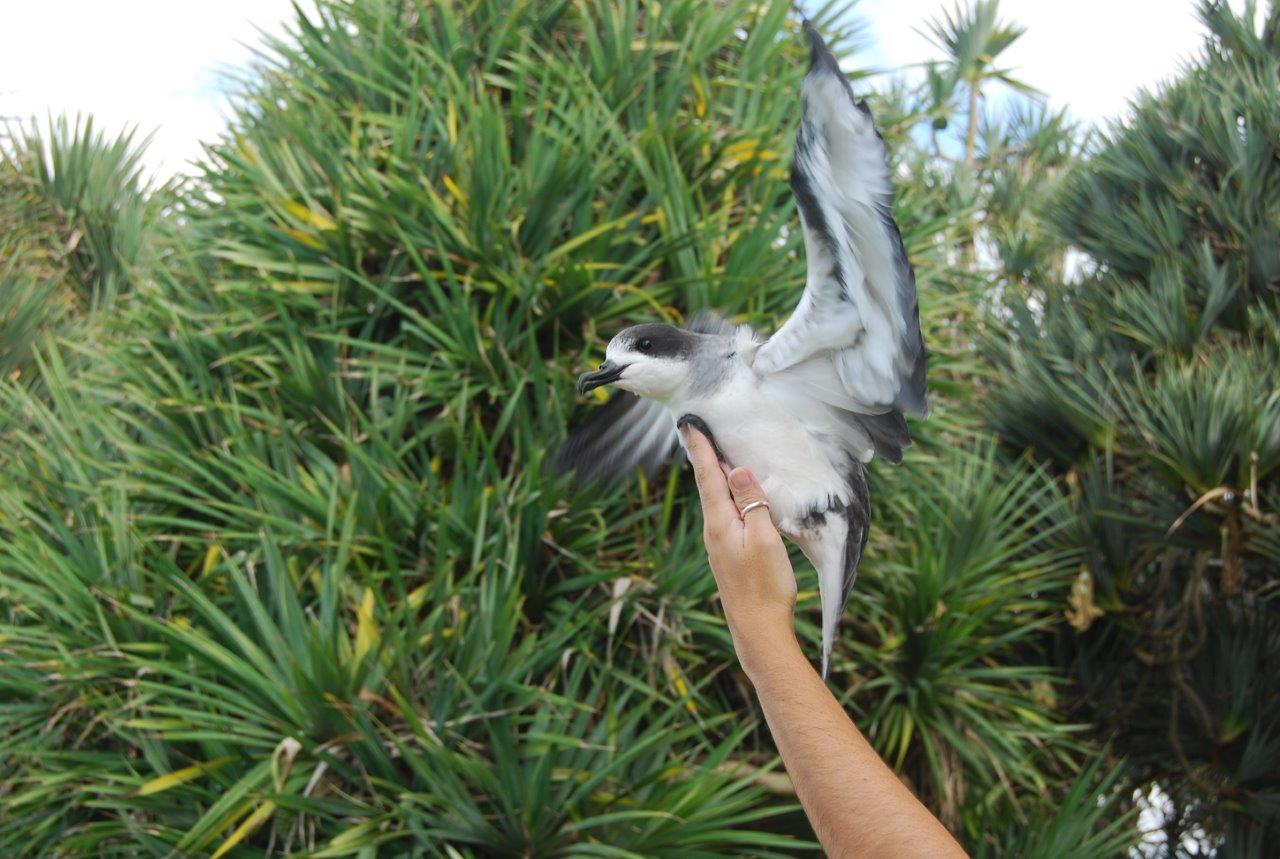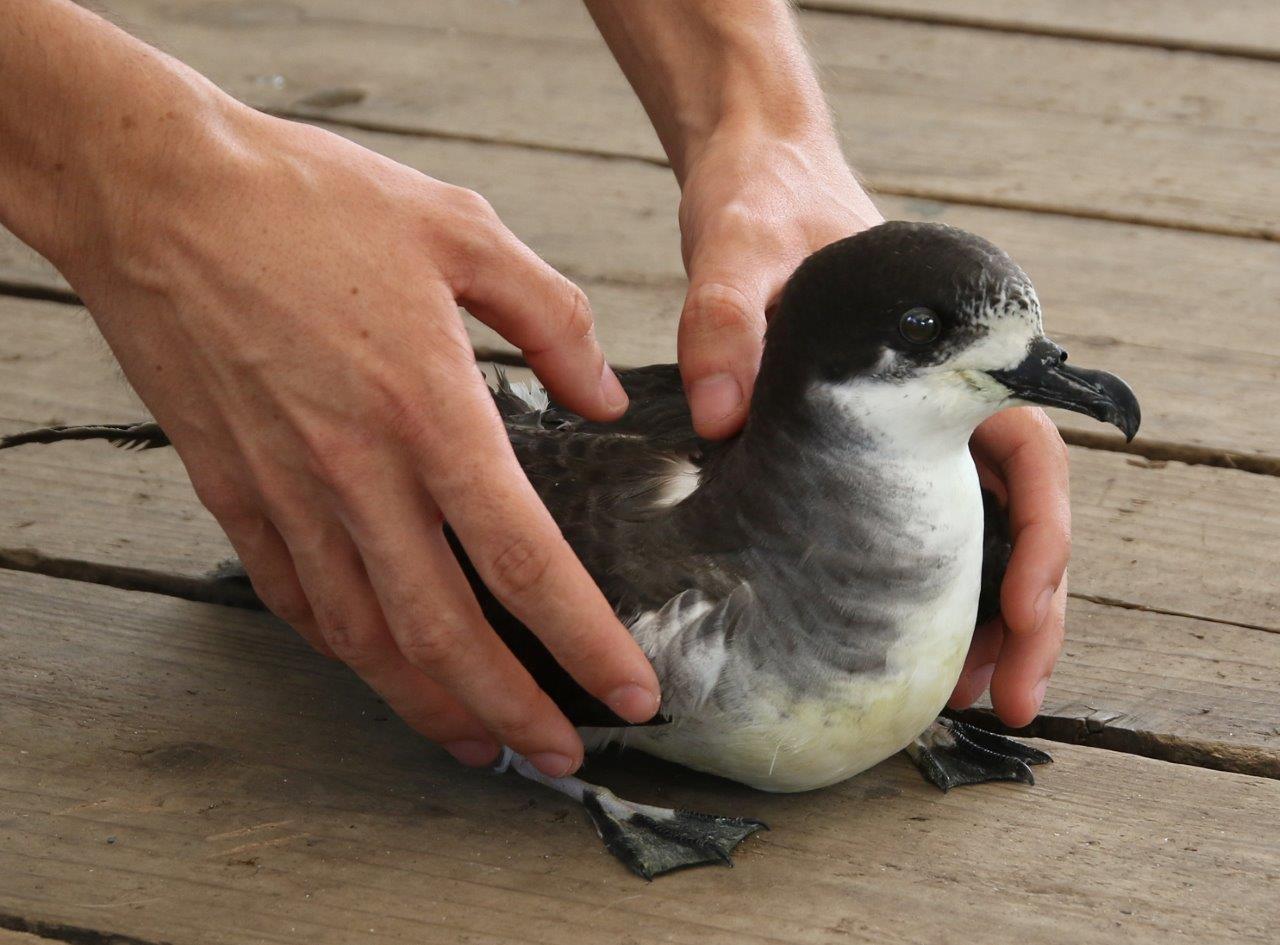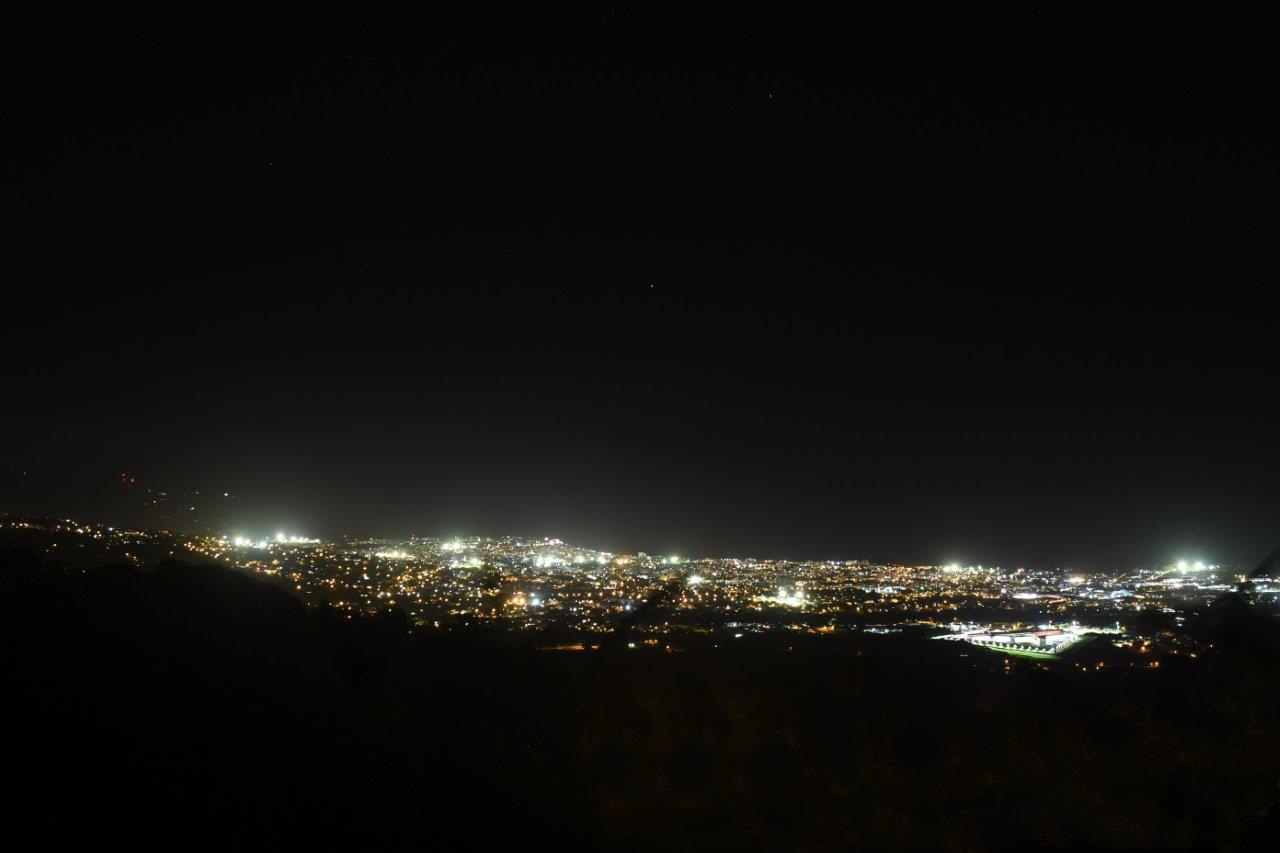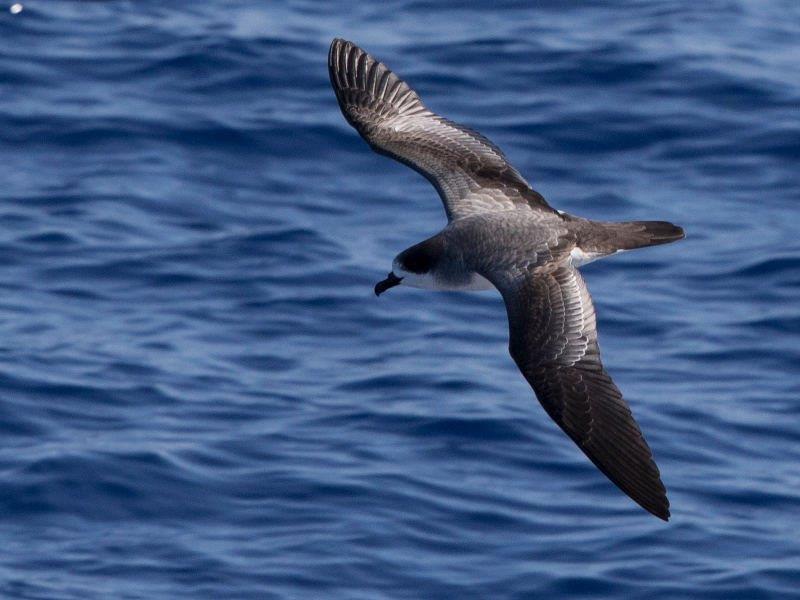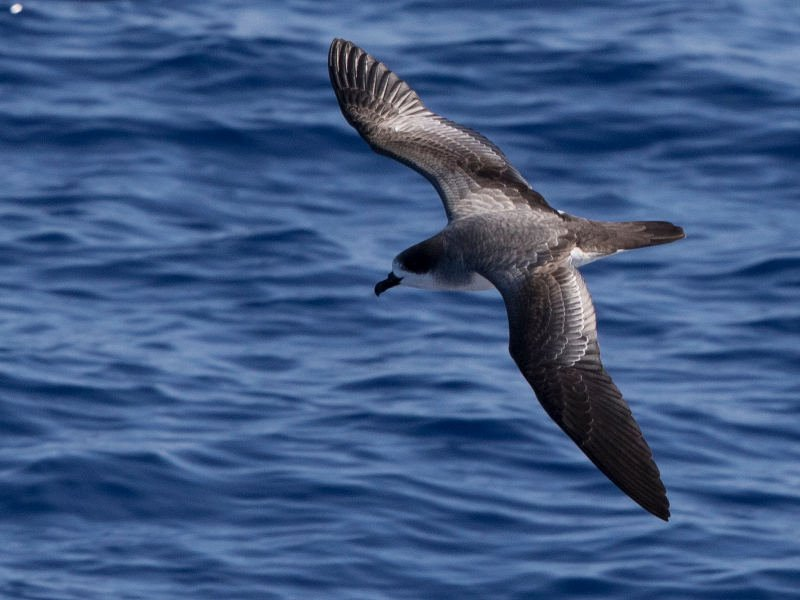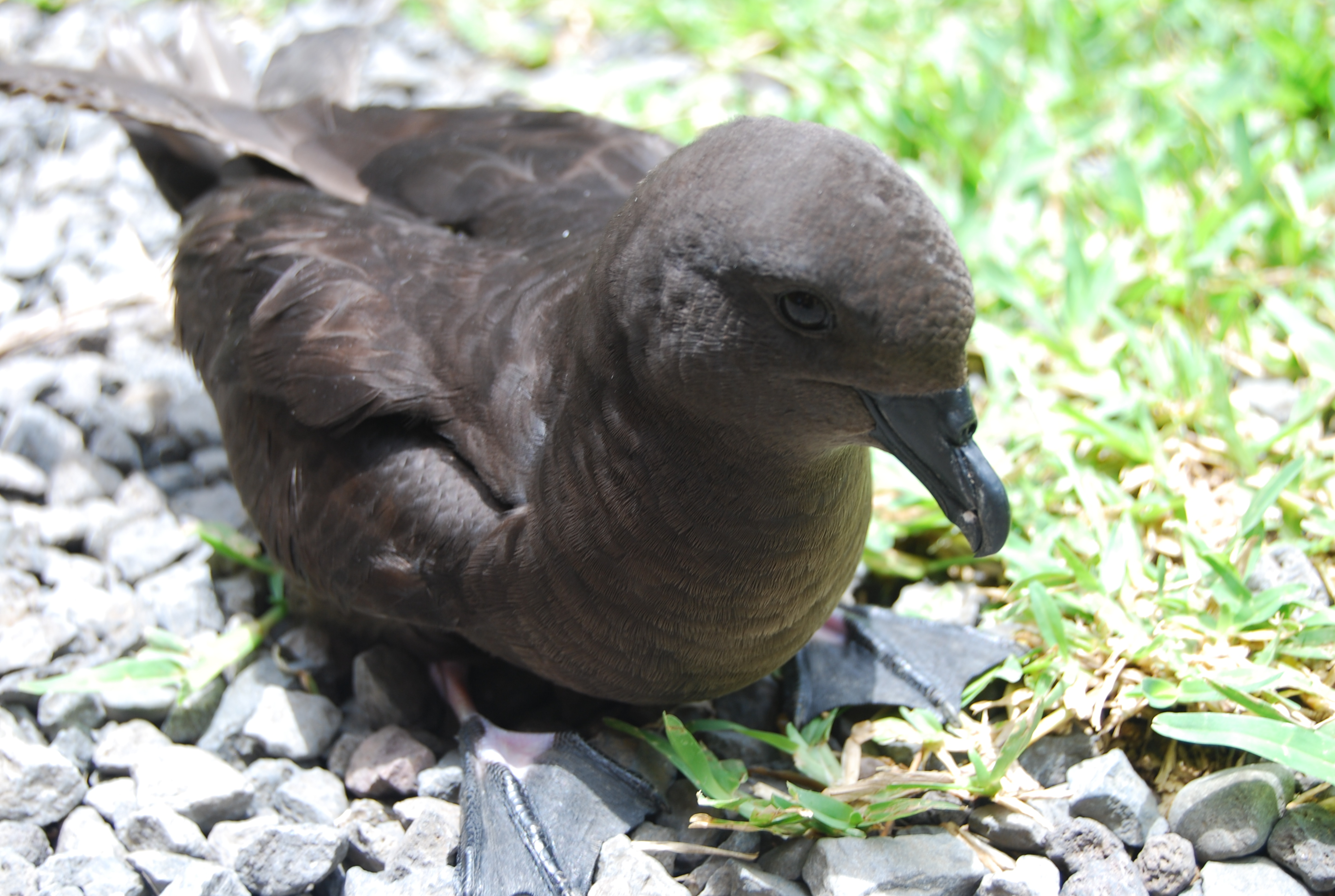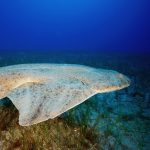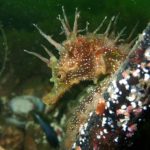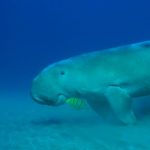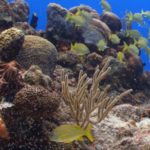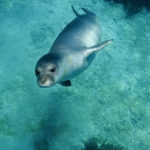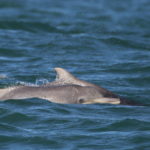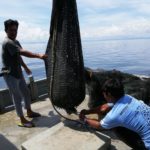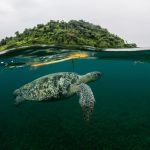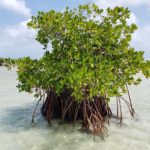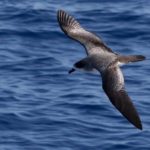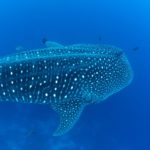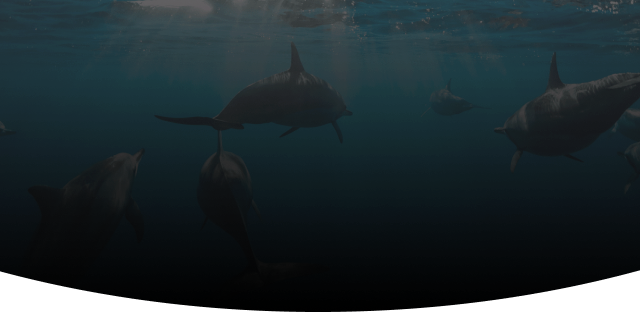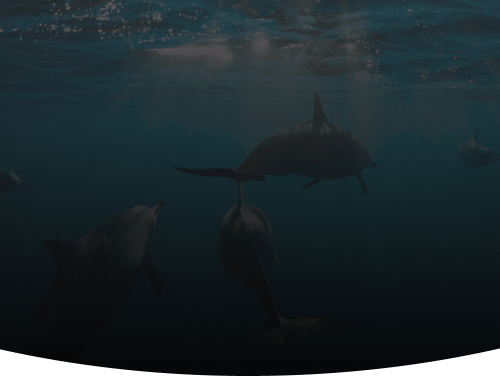Take Action
Les Pétrels – based in La Réunion Island in the Indian Ocean – works to protect species of endangered and unique seabirds from the effects of light pollution. Young seabirds, upon leaving their burrows for the first time, look for the moon to guide them to the ocean, where they will spend most of their life. However, the growing number of city lights disorientates them, causing them to fall to the ground. Once grounded, petrels cannot fly back to sea by themselves. Without the coordinated efforts to rescue them, thousands of birds would die on land each year instead of finding their life at sea where they belong.
What are we fundraising for?
•Mobilization and training of volunteers.
Why:
•More trained volunteers on the ground ready to rescue seabirds during peak season.
Goal: €14.000,00
Donate nowSea the Work
Project budget
Yearly budget: € 60.000,00
Budget secured: 76%
73%
Workforce
15%
Fieldwork
12%
Miscellaneous
Deep dive
La Société d’Études Ornithologiques de La Réunion (SEOR) is an association for the study and conservation of birds in the island. SEOR was established in 1997, with its longest running project being Les Pétrels, dedicated to the rescue of Barau’s petrels (Pterodroma baraui), Mascarene petrels (Pseudobulweria aterrima), Tropical shearwaters (Puffinus bailloni) and Wedge-tailed shearwaters (Ardenna pacifica) in response to the effects of light pollution on fledgling (young birds) attempts’ to reach the ocean from their colonies.
Petrels nest on cliffs and mountain slopes at the center of the island (up to 2.800 meters above sea level for the Barau’s Petrel). When on the island they are strictly nocturnal, which makes them highly sensitive to artificial lights. Light pollution is a substantial problem in La Réunion as the coastal area is densely populated and thus heavily lit at night, creating a barrier of light between petrel colonies and the ocean. When the young birds fly oceanward for the first time – naturally following the light of the moon as reference – some are attracted by the city lights, causing them to fall to the ground in urban areas. Once grounded, a petrel cannot take off and reach the ocean without the assistance of a human and in some cases they need to be rehabilitated due to injuries or feather damage caused by their fall.
Due to the regularity of these events, (occurring during the fledging period of each species), Les Pétrels can appropriately plan and prepare for the mass grounding of fledglings in the months of December, January and April – raising awareness across the island and training volunteers to diagnose and take care of the birds, as well as to assist biologists at the rescue center when needed. Over the years, they have counted on the help of hundreds of volunteers and have successfully rescued and released back to sea more than 36.000 petrels grounded by light pollution.
The project collaborates with some municipalities around the island to reduce the impact of lights on the birds, however this will take time and financial investment. Whilst these changes are not implemented, the project’s goal is to continue their efforts in maintaining the population of Barau’s and Mascarene Petrels, and related species, in La Réunion healthy, as this conflict between human need for lights and the grounding of birds will not disappear soon.
